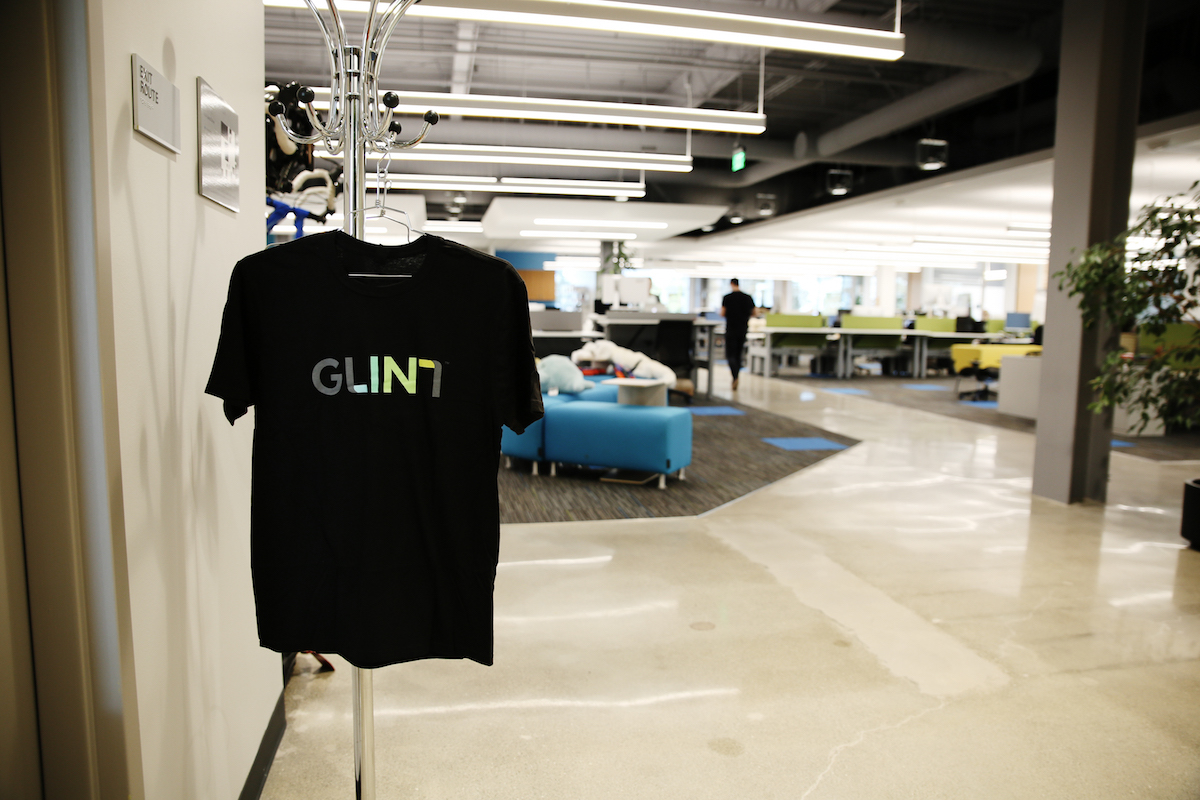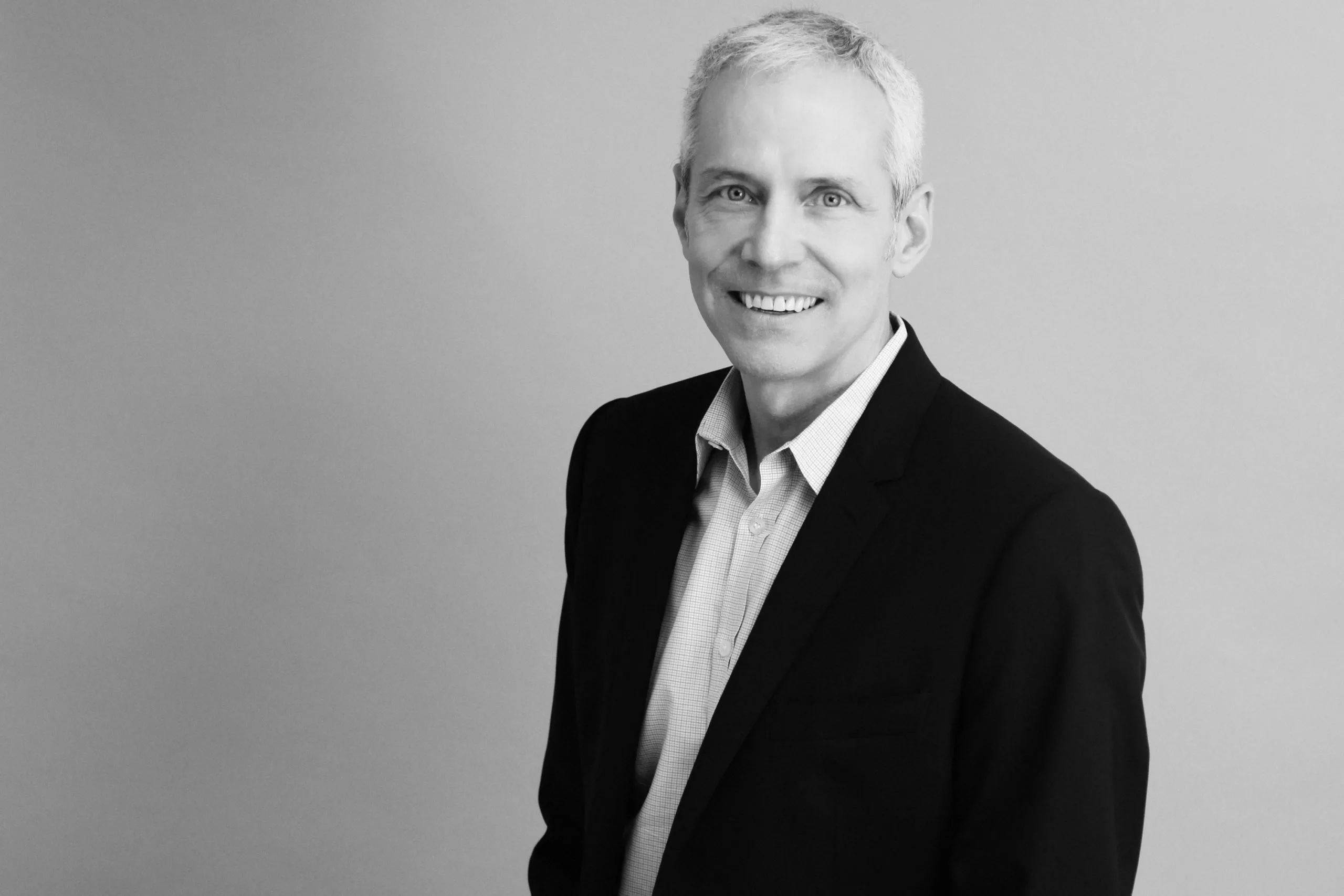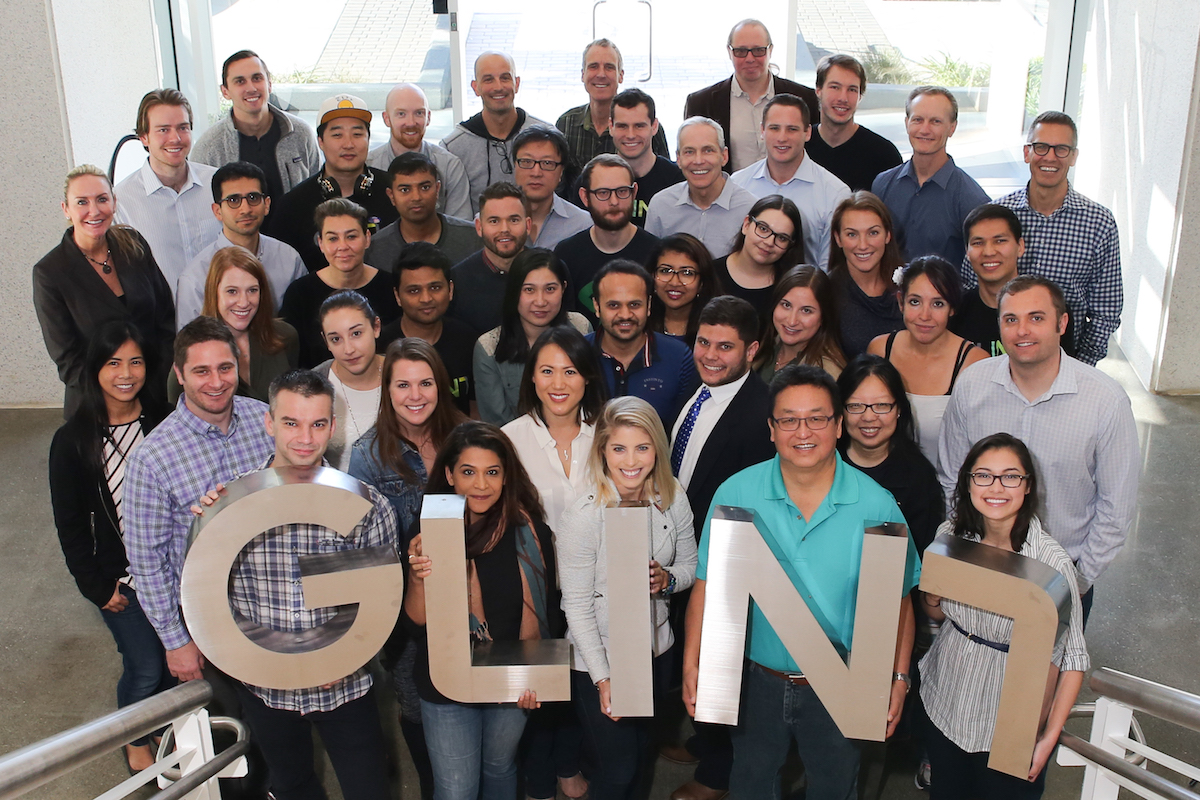With more than 20 years of executive and entrepreneurial experience at purpose-driven companies, Jim Barnett knows conscious leadership. After serving as CEO of Accolade Video Games in the late 1990s, he went on to executive positions at Ancestry.com (formerly MyFamily), Overture Services, and AltaVista in the early aughts. In 2004, he co-founded a company of his own — advertising technology services provider Turn, Inc, where he served as board chairman until 2017.
Barnett’s latest venture, Glint, develops technology to help companies increase employee engagement with data on strengths, weaknesses, trends, and areas of concern. The software-as-a-service firm based in Redwood City, California, was named one of Glassdoor’s Best Places to Work in 2018. “It’s a credit to our whole team,” Barnett tells Conscious Company. “We’ve co-created a culture that is caring yet performance-driven.”
Endearing humility aside, we were eager to hear all of the juicy leadership advice Barnett gleaned from his time spent at the helm of conscious companies. We asked the accomplished executive and entrepreneur about his top tips, his most teachable failures, and what it takes to build a winning company culture. Read on for the details.
Glint At A Glance
• Location: Redwood City, CA
• Founded: September 2013
• Key Recognitions: In 2018, Glint placed No. 7 on Glassdoor’s Best Places to Work list, and HR Executive recognized Glint’s Narrative Intelligence software as one of the Top HR Products of 2017.
• Structure: For-profit
• Mission statement: “To help people be happier and more successful at work.”
• Company values: positivity, authenticity, connection, and transformation. “We ask people to choose positivity in the face of adversity and trust that they can find the solution,” the company says. “We lead with authenticity and value each individual for who they are and what they add to our culture. At Glint, you can show up as you, know that you have a voice, and expect to be heard. We celebrate human connection and value conversation over technology. And finally, we embrace transformation and push ourselves to redefine what’s possible.”

Thanks to a winning company culture, Glint was named one of Glassdoor’s Best Places to Work in 2018. Photo by Annie Barnett, courtesy of Glint.
The Interview
How do you define conscious leadership?
Jim Barnett: Conscious leaders know they don’t have the right answer all the time. They’re authentic, caring, and aware, and they try to lead from a place of vision and inspiration — not fear. They strive to create diverse and inclusive environments that are curious, open to new ideas, and free of drama, gossip, and blame.
In politics today, so much energy is spent on blame rather than on building trust and looking for win–win situations. I would say conscious leadership is the opposite of that scenario. Rather than focusing on themselves and overusing words like “I,” conscious leaders focus on the group. “This is what we’re trying to do. This is what our vision is.” They create a real we (versus me) environment, and they also tend to be more open and willing to share information. Information is power, but conscious leaders realize that the power comes from sharing information rather than controlling it or hiding it from others.
How has your personal leadership style evolved?
JB: As you gain experience, hopefully you gain some wisdom and insight, but more specifically, I became much more aware as a leader. I thought about conscious leadership, and I developed a leadership style that focuses on bringing awareness and authenticity to work. It took time to understand that those things lead to greater success than racing around making sure everybody is doing their job.
At some point I realized that my role was to lead, inspire, and serve others as opposed to making sure they follow the rules. Earlier in my career, I was more focused on controlling things. While I still want to maintain a certain level of control as a leader, it’s more important to enable and facilitate others to do what needs to be done.
After leading more than half a dozen companies, what’s the most common mistake you noticed from business leaders, and what was the most teachable mistake you made yourself?
JB: Too many leaders fail to put their people first. Some companies will say, “Well, we’re a product-driven organization or a customer-driven organization.” If you’re a people-driven organization — if you put your people first, create an exciting vision, and lead from a place of service — your employees will take great care of your customers and build amazing products.
As for my own mistakes, most were made out of fear. I didn’t realize it at the time, but I often became critical or controlling because I was scared about something. Now that I know about it, I can recognize the fear and manage it in other ways.
How do you define your personal values, and how do you act on them intentionally in the workplace?
JB: At the height of the pyramid for me is love. Love is what I value most in the world. Through my meditation practice and personal development work, I found my capacity for love increase even further, and connecting is a form of love for me. Connection is a big part of my life in every way — connecting with my wife and my family, with my friends and my colleagues, and even with my own breath through meditation.
The reason I love Glint so much is that I love our team, I love our customers, I love our product, and I love the way it all comes together in the way we serve our customers. What I think about being CEO of Glint is, “I get to do this. Oh, my God. I’m lucky.”
What are your top three pieces of advice for mission-driven entrepreneurs?
JB: Surround yourself with great people, go after a reasonably large market, and make sure your timing is right. There are so many companies that don’t get the last one right, or they’re just not lucky enough. To be honest, I think we got lucky with Glint. The world was ready for continuous feedback. Maybe I tuned into what the world needed, but I think part of it was luck. Timing is super important and sometimes entrepreneurs are too early, but the truth is it’s better to be too early than too late.
What’s the best piece of leadership advice you’ve ever given or received?
JB: I always tell leaders to work on themselves. It’s more important to do the work inside yourself than to read all of the strategy and business books you can get your hands on. People don’t struggle to be leaders because they don’t understand leadership concepts — we learn basic leadership concepts in elementary or middle school. They struggle because something about their personality or their behavior prevents them from being effective leaders. The best way to become a strong leader is to work on yourself, even more so than skills development.
Glint was named one of Glassdoor’s Best Places To Work in 2018. What do you think makes your company and culture so welcoming?
JB: It’s a credit to our whole team. We’ve co-created a great place to work. We’ve created a culture that is caring yet performance-driven. It’s inclusive, and it’s all about authenticity and trust.
We’ve also been able to attract people who are excited about our mission. One of the things about being a mission-driven company is that people know what your mission is and they self-select in and they self-select out, and both of those are really good things. We’ve been able to attract people who are genuinely excited about what we’re trying to accomplish. We attract people who want to love their job and want to help other people love their jobs.
How can companies create a culture that helps people love their jobs?
JB: The good news is we actually have data around common drivers that help people love what they do. It turns out there’s a real science behind engagement and happiness at work. It boils down to roughly 20 key things, all of which you have to try to get right.
Happy and engaged workers have a sense of meaning or purpose in their jobs. They have an ability to grow and learn. Engagement at work is all about the desire to be in a role that fits your strengths and passions, to work in a culture that’s a good fit for you, to be inspired by the leadership, and to believe in the prospects of the company. People need the resources to be able to be successful in their jobs, and they also need to have a reasonable balance in their lives. Those are probably the most important factors.
How can job-seekers vet a company’s culture to find the right fit?
JB: When you go in for the interview, ask everybody you meet about the company’s culture and take note of how they respond. If you can, try to connect with people who used to work for the company but have since moved on to other roles and see how they describe the culture. You can also find helpful information on Glassdoor about what it’s like to work for many companies.
What is giving you hope right now?
JB: I wake up every day with a positive state of mind, and I think my meditation practice really helps with that. I naturally have hope. I believe that humanity is good by nature and that humanity is becoming more conscious and more aware.
There are still a lot of problems in the world, and I worry sometimes that the speed of consciousness won’t be fast enough to save us from some of the problems we have today, like climate change. But I believe there is a lot of goodness in the world, and I see a lot of opportunities for hope in all of the incredible things that so many people are doing in the world today.






